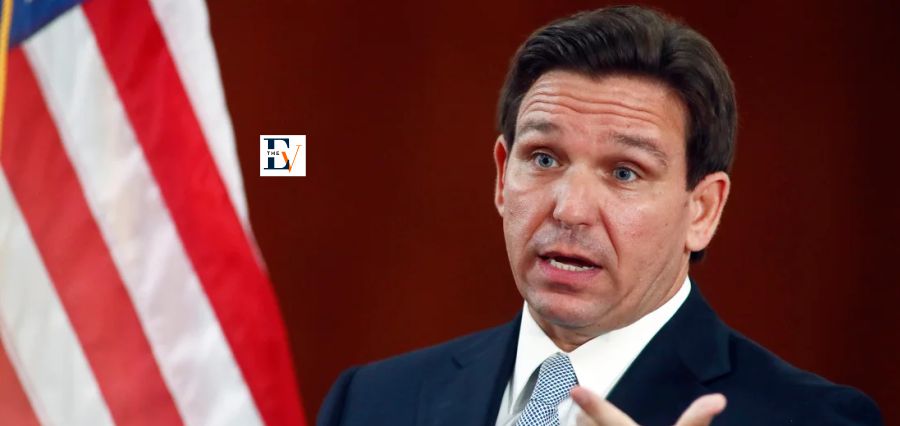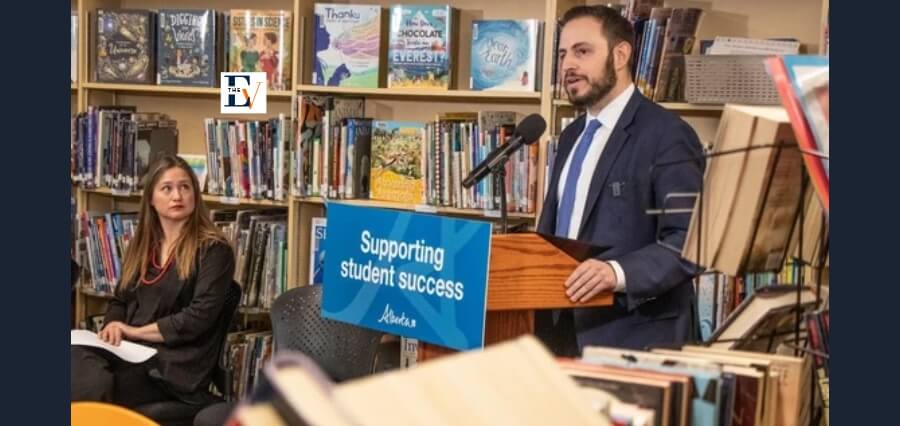Less than a year after endorsing a law that resulted in the removal of numerous books from public school shelves, Florida Governor Ron DeSantis signed a bill on Tuesday that revises the state’s law to restrict the number of books and classroom materials that can be contested in school districts.
Effective from July 1, the bill stipulates that Florida residents without children in a school district “may not object to more than one material per month” and mandates the state’s Board of Education to enact alterations to implement this decision.
This provision does not impose a limit on the number of challenges a parent with a child enrolled in a Florida school district can lodge nor does it include penalties for violations of the law.
Governor DeSantis acknowledged on Tuesday that some school districts in the state may have overstepped by removing titles from classrooms.
“You have some people who are taking the curriculum transparency, and they are trying to weaponize that for political purposes,” he said at an event in Jacksonville, Florida. “That involves objecting to normal books, like some of the books that I saw in the teacher’s lounge, these classic books.”
A report released on Tuesday by the literary and free expression advocacy group PEN America revealed that Florida had the highest number of book bans in the first half of the 2023-2024 school year compared to other states. From July to December 2023, there were 4,349 instances of book bans reported in 23 states and 53 public schools, with 3,135 of these bans affecting 11 school districts in Florida, as per PEN America.
Escambia County Public Schools alone accounted for over 1,600 cases, and the district is currently facing legal action related to these book removals, as previously reported by CNN. In February, during a news conference near Orlando, the governor urged Florida’s Department of Education to take action against individuals in school leadership roles who politicize the book review process and intentionally hinder students’ education. He refuted the notion that Florida bans books, calling it a “false narrative.”
Nevertheless, school board meetings across the state have become arenas of contention between parents advocating for the removal of certain books and those advocating for their retention for student access. Meanwhile, Florida educators have grappled with navigating a series of laws enacted by the governor that expand what are termed “parental rights” within schools.






